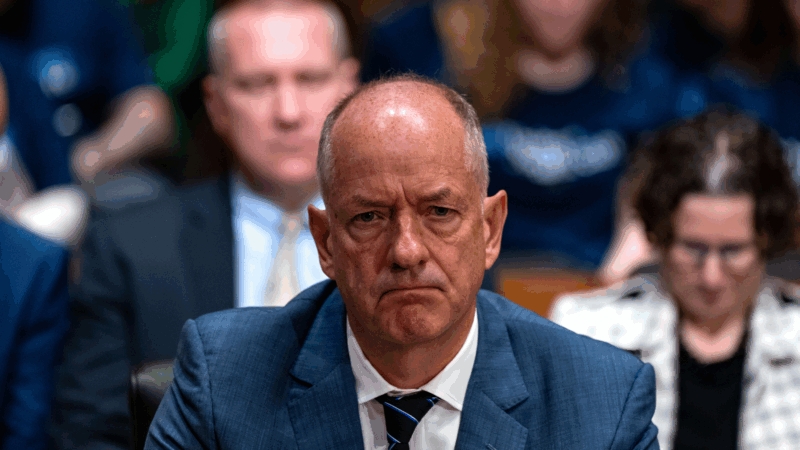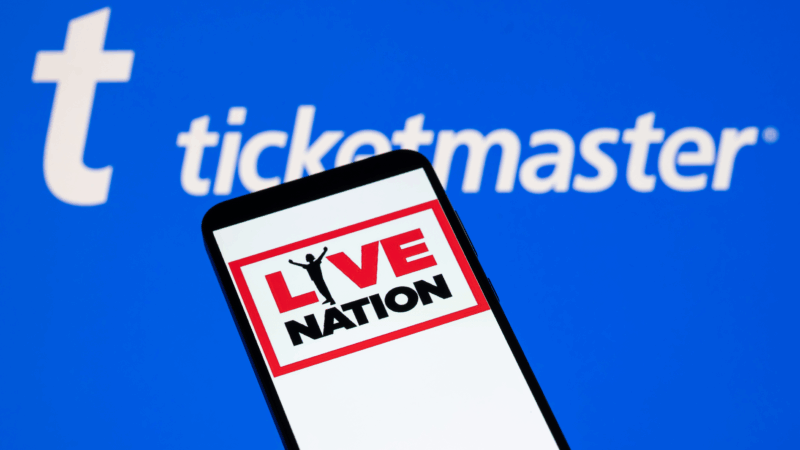UnitedHealth Group abruptly replaces CEO Andrew Witty, deepening a terrible year
UnitedHealth Group abruptly replaced CEO Andrew Witty on Tuesday, as the sweeping problems facing the company and industry deepened.
Witty resigned “for personal reasons,” UnitedHealth said. He was replaced, effective immediately, by the company’s former CEO and current chairman, Stephen J. Hemsley. A UnitedHealth spokesperson declined to comment further.
Shares in UnitedHealth plunged more than 16% by late morning Tuesday.
The massive health care conglomerate is one of the largest companies in the world — and, recently, one of the most publicly troubled. It owns Change Healthcare, a payments processor used by hospitals, doctors and pharmacists. A massive cyberattack last year paralyzed swaths of the entire U.S. health care system, affecting an estimated 100 million people.
A killing that shocked the country
It also owns UnitedHealthcare, the largest U.S. health insurer, whose CEO, Brian Thompson, was shot and killed in Manhattan in December.
The killing sparked a widespread consumer backlash over the high costs and denied claims of U.S. health care. The alleged shooter, Luigi Mangione, is facing the death penalty and has pleaded not guilty to four federal charges.
The fury against health insurers is so pervasive that some people view Mangione as a vigilante folk hero. An online fundraiser for his legal costs has raised more than $1 million.
Since December, Witty has tried to address some of the anger against his company and his industry. “We understand and share the desire to build a health care system that works better for everyone,” he wrote in a New York Times op-ed in December.
Big Health Care’s financial problems are mounting
But ultimately, it was UnitedHealth’s worsening financial problems that appeared to end Witty’s four-year tenure. The company and its competitors have been facing rising costs in the Medicare Advantage businesses that allow private insurers to collect government payments for managing the care of seniors. These programs were once widely seen as money-makers for big health insurers.
But now Medicare-related problems appear to have cost multiple big health care CEOs their jobs. CVS Health, the owner of Aetna and one of UnitedHealth’s top competitors, in October abruptly replaced its CEO, Karen Lynch.
UnitedHealth on Tuesday also said it was suspending its 2025 outlook, “as care activity continued to accelerate.” UnitedHealth also said it was facing “higher than expected” medical costs in its Medicare Advantage business.
In other words: The senior citizens that UnitedHealth insures through its large Medicare business are going to the doctor more than expected, increasing the company’s costs of providing care.
Mitski comes undone
She may be indie rock's queen of precisely rendered emotion, but on Mitski's latest album, Nothing's About to Happen to Me, warped perspectives, questionable motives and possible hauntings abound.
This quiet epic is the top-grossing Japanese live action film of all time
The Oscar-nominated Kokuho tells a compelling story about friendship, the weight of history and the torturous road to becoming a star in Japan's Kabuki theater.
The Live Nation trial could reshape the music industry. Here’s what you need to know
On Tuesday opening statements will begin for the federal antitrust trial against Live Nation, one of the largest entertainment companies in the world.
A new one-a-day-pill holds promise for HIV’s ‘forgotten population’
It's designed to take the place of complicated, multiple drug regimens that many people with HIV need to follow. And it's also beneficial because the HIV virus is always evolving.
For filmmaker Chloé Zhao, creative life was never linear
Director Chloé Zhao used meditation, somatic exercises and dance to inspire the cast and crew of this Oscar-nominated story about William Shakespeare's family.
10 new books in March offer mental vacations
March is always a big one for books – this year is no different. We call out a handful of upcoming titles for readers to put on their radars — offering a good alternative to doomscrolling.








